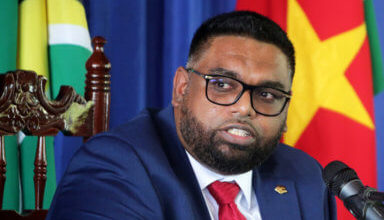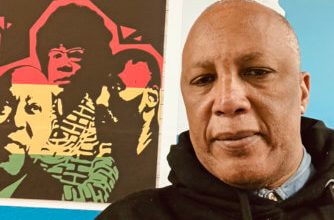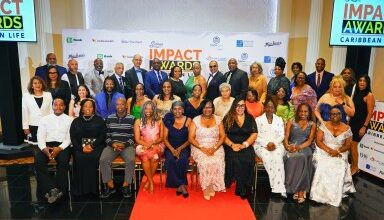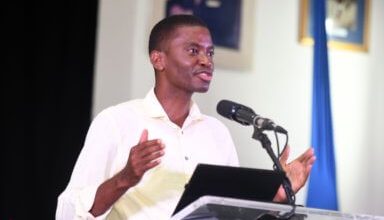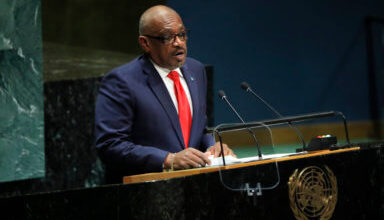Region wants climate justice. Polluters must pay
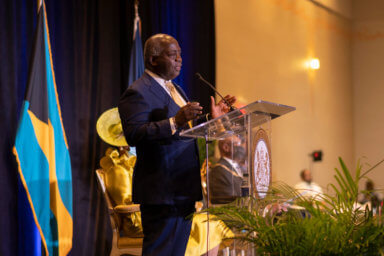
When Hurricane Dorian swept through The Bahamas in September 2019, it left a trail of death and devastation in some of the Family Islands, causing nearly $5B in damage officials had said.
Hurricane Irma had also in 2018 wreaked similarly devastating effects on Dominica and a string of other islands as it made its way through the Caribbean island chain to as far as Cuba, leaving a pall of sadness and despair in its wake.
The battering from the two extremely powerful storms, appears to have snapped Caribbean leaders into action with prime ministers like Phillip Davis of The Bahamas and Mia Mottley of Barbados leading an increasingly militant effort to force western polluting nations to pay for the damage caused by climate change events.
Several leaders who attended a special summit in The Bahamas this week say they are even more fortified in their quest to make to make the major polluters like the US, India, China and West Europe offer special financing to Small Island Developing States (SIDS) which are feeling the brunt of climate change events like increasingly more powerful super storms, rising seal levels and rising global temperatures.
Caricom nations have persistently argued that temperatures increases above 1.5 degree Celsius could badly damage the regional lifeline tourism industry as coral reefs could die out rendering marine tourism in jeopardy among other woes.
The summit wrapped up at the trendy, world famous Baha Mar Resort on Thursday with demands for compensation for infrastructural and other damage from climatic events. The summit, ironically, was held in the month when forecasters pay strict attention to the formation of storms off West Africa . The annual season starts in June and ends in November. About now some of the toughest hurricanes are usually formed, officials say.
“One thing you would have heard is talk about loss and damage, which is something that the developed world keeps kicking down the road. Conversations have been had in the sessions that two percent (levy) on oil export should be put into a fund. Those are some of the issues that we may be putting forward. As I said, my cautious optimism is because of the developed world continuously kicking the can down the road. Very often, they latch on to some excuse to justify kicking the can,” host Prime Minister Davis told reporters.
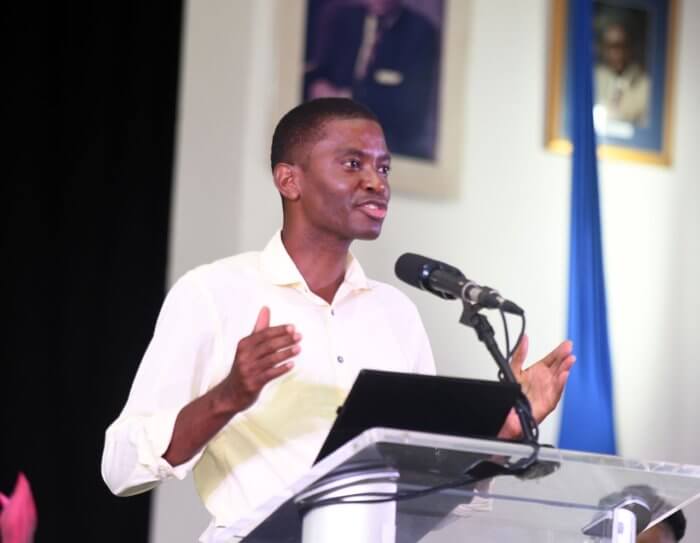
Meanwhile, new Grenadian Prime Minister Dickon Mitchell argued that the region cannot ease up on the fight to achieve climate justice as the Caribbean has been forced to face the brunt of some major climatic events in recent decades.
“I think the issue of climate change has gone beyond that of a moral issue, but it is a justiciable issue. I think as islands that have borne the brunt of the proven loss and damage arising from the greenhouse gases, that we are entitled to compensation. We intend to do everything in our collective power to ensure that our rights and our right to live a quality of life that is deserving is maintained and promoted,” he said.
PM Davis said that more than 50 percent of the debt of his archipelago can be linked to the impacts of storms in 2015 and 2019 as “our countries are struggling with debts accumulated by climate disasters. What does this mean for the development of our nations, when our risk profile is becoming so severe that insurers question their willingness to offer risk facilities to offset climate disasters? Put simply, we are in danger of becoming uninsurable.”

